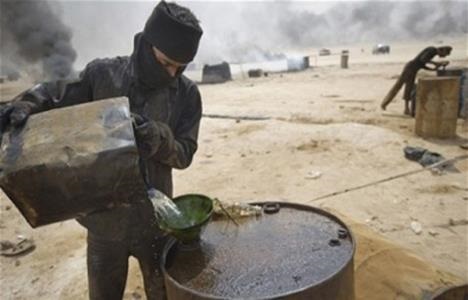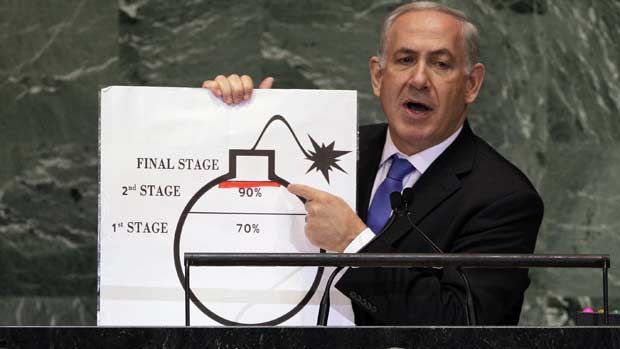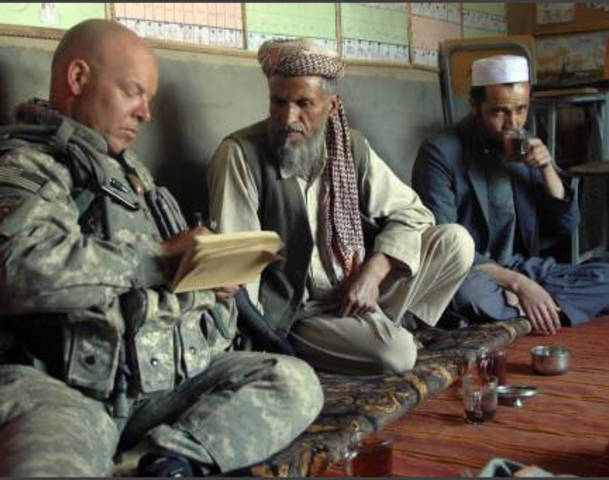The drastic drop in oil prices over the past few months was always likely to translate to a number of alterations, for better or for worse, in both our everyday lives and on a geopolitical level. The smaller, though no less consequential, and more visible of these effects include such things as cheaper and safer sex as a result of the condom industry being dependent on petrochemicals; higher insurance premiums resulting from the increased mileage prompted by lower fuel costs, and by extension an increase in accident numbers; and cheaper long-haul flights to far-away, exotic holiday destinations. As for the more trivial consequences, the drop in oil prices equates to vindication for the ‘No’ voters in the Scotland independence campaign, as figures have emerged suggesting Scotland would currently be facing a £15.5 billion shortfall in oil revenue had it left the UK.
When considering the broader picture, the drop in oil prices has drastic and far-reaching implications. South America has already emerged as a continent severely affected by the price drops. Brazil has been obliged to shorten its developmental stride considerably, while Cuba has been forced into engaging in, undoubtedly, reluctant overtures with the US. This is likely to have a lot to do with the fact that its main ally, Venezuela, has been hit hard by the changing oil market.
Halfway across the world, a combination of the sanctions imposed on Russia for its behaviour vis-à-vis Ukraine, and a poorly diversified market relying far too heavily on energy, seems likely to reinforce a previously unlikely rapprochement between two of the world’ most authoritarian regimes: China and Russia.
Arguably the most worrying consequence of the drop in oil prices, however, is that it works in the favour of two of the most brutal terrorist groups. Boko Haram in Nigeria stands to benefit from the drop because of the country’s status as a significant oil-exporter. As the government’s income drops even further, fewer funds than the already sparse ones at their disposal will be available to combat an enemy who shows absolutely no sign of abating, and who demonstrated once again earlier this month that it knows virtually no bounds to its brutality.
As for IS, lower oil prices will have little effect on its black  market sales. Until August, it had been selling the stolen crude for between US$25 and US$60 a barrel, when the average cost elsewhere was around $110. Given the group’s continued nature as a self-proclaimed yet unestablished state, there isn’t much of an economy to damage. A decline in the price of the barrel from US$100 to under US$50 may mean that IS will need to slash its prices to new lows. No matter the price, however, IS is in no danger of running low on the means it needs to fund its jihad any time soon.
market sales. Until August, it had been selling the stolen crude for between US$25 and US$60 a barrel, when the average cost elsewhere was around $110. Given the group’s continued nature as a self-proclaimed yet unestablished state, there isn’t much of an economy to damage. A decline in the price of the barrel from US$100 to under US$50 may mean that IS will need to slash its prices to new lows. No matter the price, however, IS is in no danger of running low on the means it needs to fund its jihad any time soon.
Conversely, IS’s main enemy, the Kurds, will have to endure the consequences of lower oil prices like the rest of the major crude-producers. This could take its toll on the semi-autonomous nation’s ability to spearhead the struggle against a scourge in the region, as well as further afield. Since the Kurds are a significant reason why the West has been able to carry out an aerial campaign against IS, the drop in the price of oil poses potentially serious security implications for the coalition.
One common argument is that there is a direct link between Islamic fundamentalism, which often goes hand in hand with terrorism, and the affluence of the oil-rich Middle-Eastern states. Considering Iran, OPEC’s second most important oil-producer, backs such extremist groups as Hezbollah in Lebanon, it is easy to see some truth in this hypothesis. If such is the case, then we can conclude that one way or another, oil revenue fuels antagonism towards the West, non-Muslims, and modernity – in short, all that Islamic fundamentalists hold in disdain. Rise or fall, it appears that oil prices continue to benefit terrorism.





